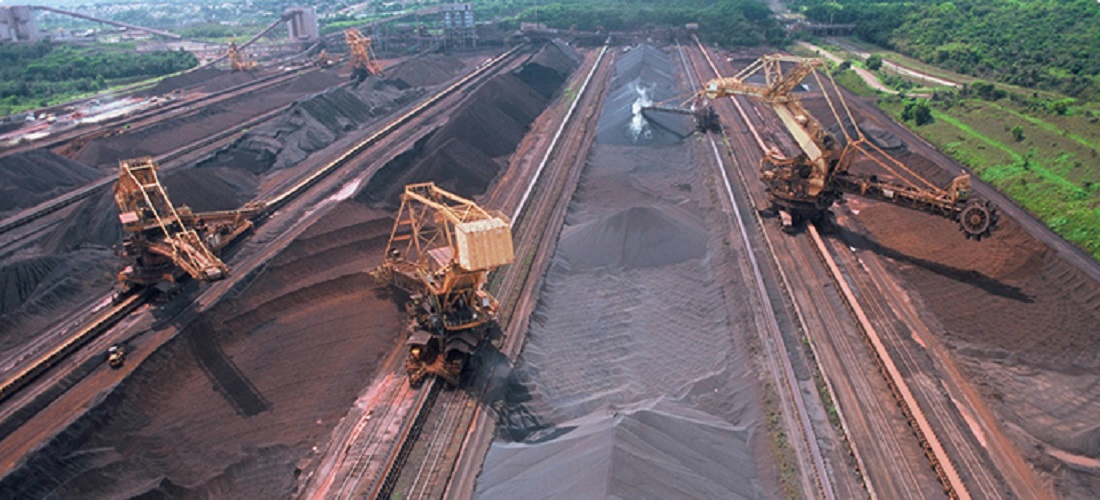
Mercosur takes strides in EFTA agreement after EU negotiation deadlock
Mar, 25, 2024 Posted by Gabriel MalheirosWeek 202413
With negotiations for the Mercosur-European Union Free Trade Agreement still in a deadlock, the Brazilian government has been seeking alternatives in the realm of international trade. One of these alternatives is the Mercosur-EFTA Agreement, a bloc formed by Iceland, Liechtenstein, Norway, and Switzerland, countries that are not part of the EU. Negotiations with EFTA began in 2017, and the Brazilian government views the progress of these discussions optimistically.
Last Thursday (March 21), the Vice President and Minister of Development, Industry, Trade, and Services, Geraldo Alckmin, met with a parliamentary delegation from EFTA member states to discuss the free trade agreement with Mercosur.
During the meeting with the parliamentarians, Alckmin stated that if signed, the agreement between Mercosur and EFTA should boost the negotiations between Mercosur and the European Union. Further progress may be seen in the next round of talks between Mercosur and EFTA, scheduled for April 15-18 in Buenos Aires.
With a population of 13.5 million people and a Gross Domestic Product (GDP) of around US$1 trillion, the bloc’s four countries have some of the world’s highest per capita GDPs, as well as a relevant consumer market. The bloc is also one of the most advanced in terms of signing trade agreements, having already signed 29 treaties with some of the world’s leading economic and commercial powers.
Trade Balance Data
In 2023, the trade flow (exports + imports) between Brazil and the four EFTA countries totaled US$6.414 billion (up 1.4% YoY). During this period, Brazilian exports experienced a slight increase of 4.4%, reaching US$2.953 billion. Conversely, EFTA exports to Brazil fell by 1.1% to US$3.461 billion. The bilateral trade balance generated a surplus of US$508 million for the European bloc.
Switzerland and Norway (both with a 46% share) were Brazil’s main export markets within the EFTA bloc, with shipments totaling US$1.37 billion. Iceland imported a total of USD 197 million. In terms of imports, Switzerland accounted for 79% of the total shipped to Brazil, totaling US$2.8 billion, followed by Norway, which exported US$685 million, or 32.1% of the total shipped to EFTA’s main trading partner in Latin America.
Trade Balance for 1Q24
In the first two months of this year, bilateral trade totaled US$1.140 billion, with Brazilian exports falling by 9.7% to US$503 million, while EFTA sales increased by 9.3% to US$637 million.
The main products exported by Brazil were non-monetary gold (USD 142 million); alumina (USD 126 million); iron ore (USD 105 million); soybeans (USD 41 million); fuel oils (USD 24 million); and other products from the manufacturing industry (USD 16 million).
On the EFTA side, the highlights in the export grid to Brazil were pharmaceutical products (US$157 million); organo-inorganic compounds (US$73 million); other medicines (US$64 million); dried, salted fish (US$36 million); and other products from the manufacturing industry (US$31 million).
Switzerland was the bloc’s leading importer of Brazilian products, as well as the country that exported the most to Brazil, with sales totaling US$500 million (78% of the total shipped), followed by Norway, which had a 21% share of the total, amounting to US$133 million.
Source: Comex do Brasil
Click here to read the original news report: https://comexdobrasil.com/mercosul-avanca-em-acordo-com-o-efta-apos-paralisacao-das-negociacoes-com-a-ue/
-
Other Cargo
Oct, 27, 2021
0
Brazilian wine exports grew 30% in 2020
-
Other Logistics
Mar, 25, 2025
0
VLI Maintains Financial Strength and Receives Highest Fitch Ratings Score
-
Trade Regulations
Sep, 21, 2022
0
CBP signs Mutual Recognition Arrangement with Brazil
-
Meat
Mar, 31, 2023
0
French Polynesia authorizes imports of chicken meat from Brazil



